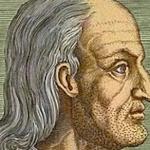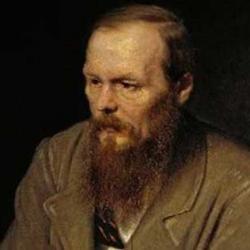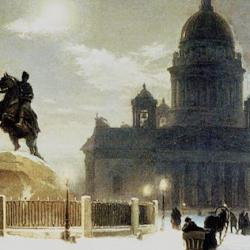In an 1880 speech at the Pushkin Festival, Dostoevsky reflected on the destiny of Russia. The Westernizing reforms of Peter the Great didn’t just introduce Western Engineering and fashion into Russia. Peter set the universal mission of the Russian people:
“For what is the reform of Peter the Great to us, not merely for the future, but in that which has been and has already been plainly manifested to us? What did that reform mean to us? Surely it was not only the adoption of European clothes, customs, inventions and science. Let us examine how it was, let us look more steadily. Yes, it is very probable that at the outset Peter began his reform in this narrowly utilitarian sense, but in course of time, as his idea developed, Peter undoubtedly obeyed some hidden instinct which drew him and his work to future purposes, undoubtedly more vast than narrow utilitarianism. Just as the Russian people did not accept the reform in the utilitarian spirit alone; but undoubtedly with a presentiment which almost instantly forewarned them of a distant and incomparably higher goal than mere utilitarianism. I repeat, the people felt that purpose unconsciously, but it felt it directly and quite vitally. Surely we then turned at once to the most vital reunion, to the unity of all mankind! Not in a spirit of enmity (as one might have thought it would have been) but in friendliness and perfect love, we received into our soul the geniuses of foreign nations, all alike without preference of race, able by instinct from almost the very first step to discern, to discount distinctions, to excuse and reconcile them, and therein we already showed our readiness and inclination, which had only just become manifest to ourselves, for a common and universal union with all the races of the great Aryan family.”











